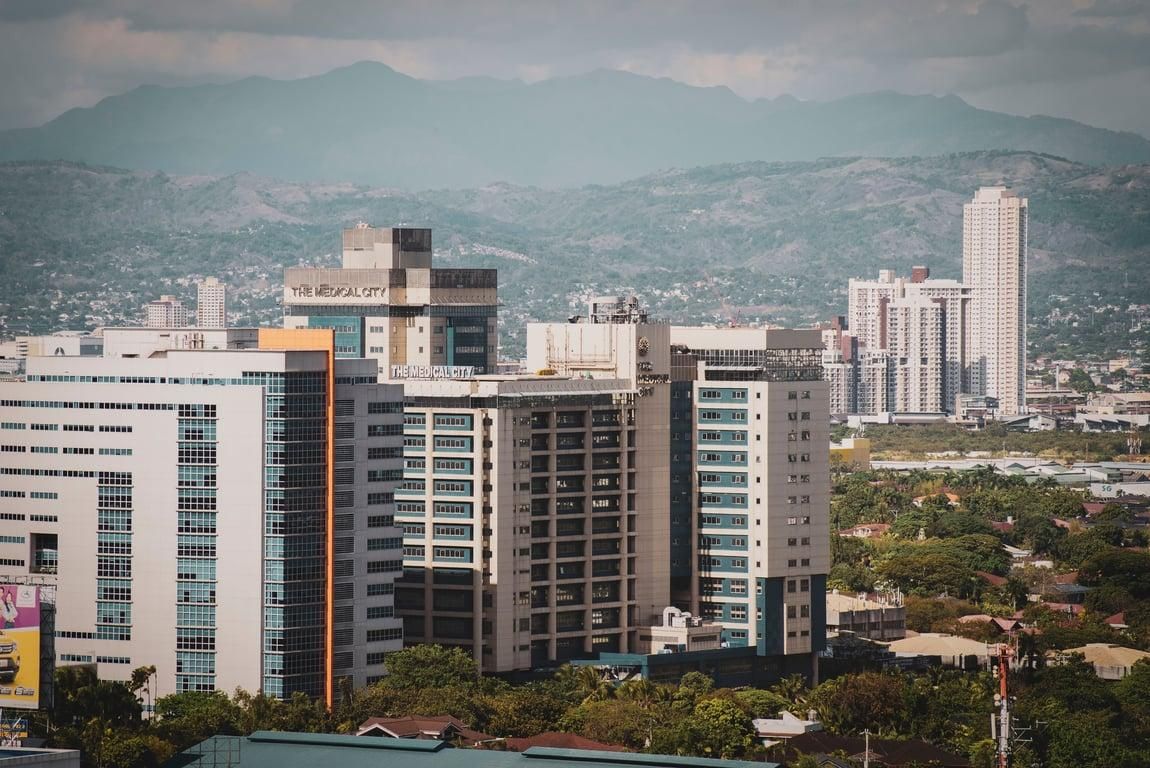
Discharge of a patient unable to pay the hospital (v2022-1)
Useful information to help your employee that may not be allowed to leave the hospital due to inability to pay.
1. Q: Can a hospital refuse to discharge a patient that is unable to pay?
A: There is a law (Republic Act 9439) that punishes hospitals that refuse to discharge patients that are unable to pay.
2. Q: What is Republic Act 9439?
A: R.A. 9439 is defined as "An Act Prohibiting the Detention of Patients in Hospitals and Medical Clinics on Grounds of Nonpayment of Hospital Bills or Medical Expenses"
3. Q: Who are protected by this law, R.A. 9439?
A: All patients except those that stay in private rooms.
4. Q: What if the patient is not fully recovered, are they protected by R.A. 9439?
A: Yes. Even partially recovered patients are covered by R.A. 9439, if they wish to be discharged.
5. Q: Are there any requirements for discharge?
A: Yes. The patient must provide a promissory note covered by a mortgage or a guarantee of a co-maker.
6. Q: What kind of promissory note, mortgage and/or guarantee must be provided?
A: Hospitals are required by the Department of Health (through the Implementing Rules and Regulations of R.A. 9439 – DOH A.O. 2008-0001) to have a written policy on the issuance of promissory notes as well as the submission of mortgage or guarantee. A patient or concerned relative should request for the written policy from the hospital. If the hospital refuses to provide the policy or does not have one, such must promptly be reported to the DOH.
7. Q: If the patient passed away already, can the hospital refuse to provide the death certificate and other similar documents if the relatives are unable to pay?
A: No. The law also requires the hospital to provide these documents and punishes hospitals that do not comply.
8. Q: Are there requirements for the documents to be released?
A: Yes. The relatives must provide a promissory note covered by a mortgage or signed by a co-maker.
9. Q: Are there requirements for the release of the body?
A: No. The release of the body is mandatory.
10. Q: What is the penalty if a hospital violates Republic Act 9439?
A: The law provides that:
"Any officer or employee of a hospital or medical clinic responsible for releasing patients who has been found to commit any violation of R.A. No. 9439 and its implementing rules and regulations shall be punished by either a fine of not less than Twenty Thousand Pesos (P20,OOO) but not more than Fifty Thousand Pesos (P50,000), or imprisonment of not less than One (1) Month but not more than Six (6) months, or both such fine and imprisonment, at the discretion of the proper court."
11. Q: Should I as an employer, co-sign the promissory note?
A: There is no legal obligation for an employer to co-sign, unless it is provided for by the contract. Whether to sign or not is a judgment call on the part of an employer; but be aware of the legal implications.
12. Q: What are the legal implications of co-signing the promissory note?
A: You will be "jointly and severally liable". This means that the hospital will be allowed to collect from you without any conditions, and regardless of whether they first try to collect from the patient.
13. Q: If I co-sign, and my employee resigns, will I still be liable?
A: Yes. As a co-signatory, the hospital can collect from you directly, regardless of whether the patient is still employed with you or not.
14. Q: Who can co-sign?
A: Each hospital will have their own rules so it is best to check the specific policy of the hospital; but, other suggestions would be for relatives of the patient to co-sign.